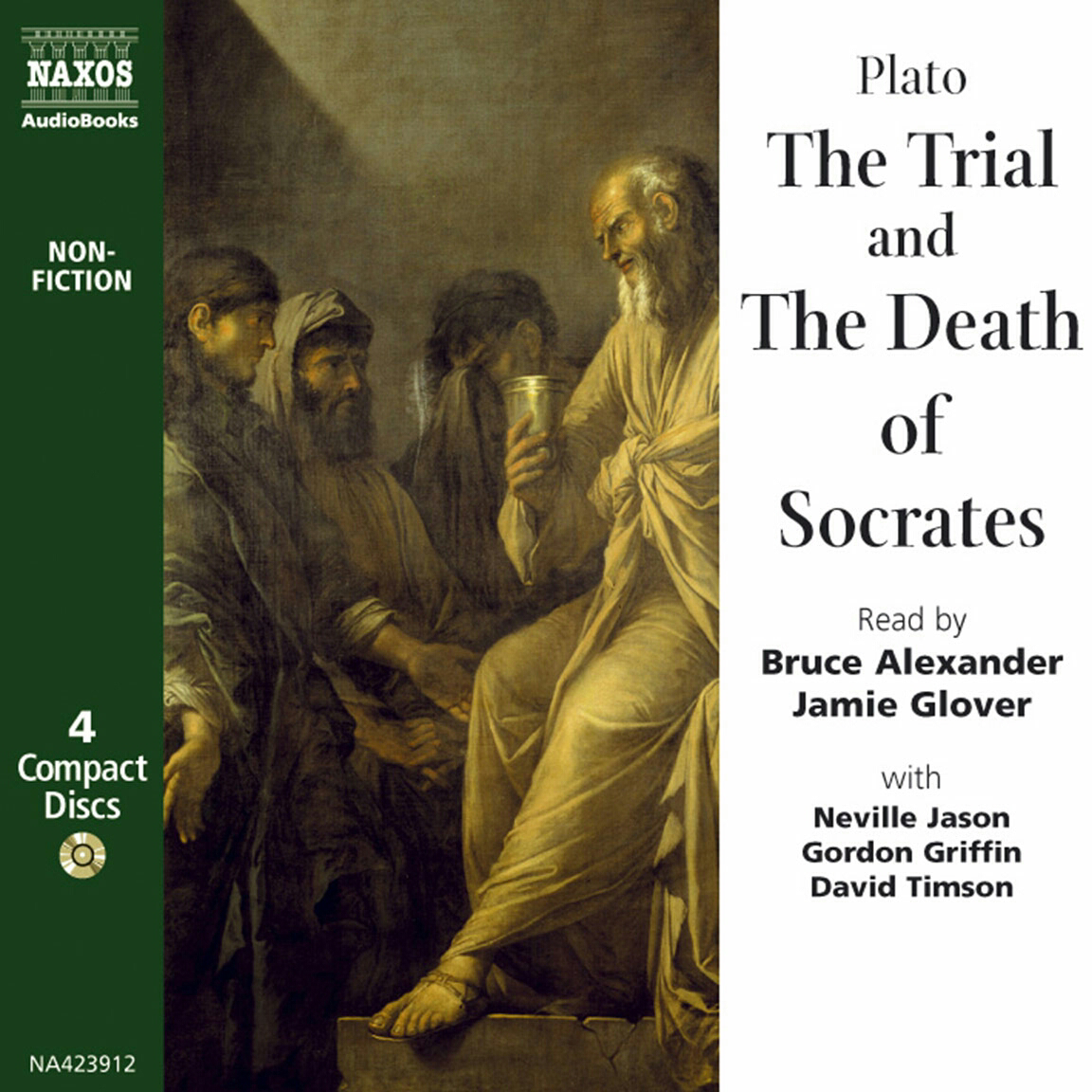Socrates Philosophy
This blog is based on Socrates philosophy and this task was assigned by Dilip Barad sir.
In the annals of western philosophy , Socrates stands out not only for his profound contributions but also for the dramatic circumstances surrounding his death. His trial and execution as recorded in Plato's apology, offer timeless lessons in critical thinking and the nature of wisdom. One particularly intriguing aspect of Socrates final moments involves an unusual reference to a rooster.
Socrates and his final movements
During his trial, Socrates' was found guilty of corrupting the youth of Athens and impiety. As he awaited his execution he made a curious statement about a rooster he owed to Asclepius, the god of healing. This seemingly mundane comment carries deep philosophical significance.
The philosophical Underpinnings
Socrates' approach to life and death challenges conventional thinking. His assertion that death is either a peaceful slumber or a traditional to another existence underscores his commitment to questioning and understanding. He considered his trial and subsequent execution as part of a larger philosophical journey, one that transcends the physical realm and engages with deeper existential questions.
Lessons in Critical Thinking
Erick Wilberding's insights into Socrates' trial and philosophy highlight crucial lessons in critical thinking :
1. Question Assumptions
Socrates' method of questioning everything—even the nature of his own existence—encourages us to examine our beliefs critically. This method, known as the Socratic method, involves asking probing questions to uncover underlying assumptions and truths.
2. Embrace Uncertainty
Socrates' acceptance of his fate demonstrates the importance of embracing uncertainty. Instead of fearing the unknown, Socrates' approached his trial and death with equanimity, reflecting a profound acceptance of life's uncertainties.
3. Seek Wisdom, Not certainty
Socrates famously claimed that he knew nothing except his own ignorance. This humility in the face of knowledge encourages us to seek wisdom and understanding rather than mere certainty.
Conclusion
Socrates final moments and his peculiar mention of the rooster are emblematic of his broader philosophical outlook. His life and death remind us of the value of critical thinking, the importance of questioning our assumptions, and the acceptance of uncertainty as part of the human experience. As we reflect on Socrates’ legacy, we are invited to embrace a more thoughtful and inquisitive approach to our own lives and beliefs.
References
Dilip Barad. "Socrates ( The life and trial) " Teacher blog June 29, 2024
Google
Chatgpt



Comments
Post a Comment